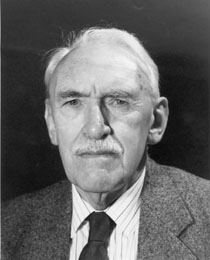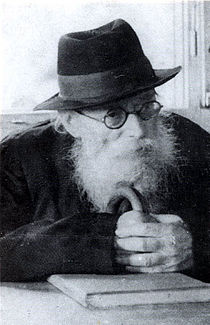
To accept or not to accept? That was the question.
On top of all the new economic and military problems the new State of Israel had to face, it had to deal with one of the most explosive and emotional issues imaginable: Should they accept reparations from Germany?
Dr. Nahum Goldman, and the World Jewish Congress, negotiated the matter and signed a reparations agreement in 1952. Under this agreement, Jews who suffered personally were entitled to reparations, and the state itself received a grant of $750 million to be paid over 12 years. It also received a great deal of industrial goods and infrastructure, including German railroads, trucks, buses, etc.
This issue struck to the emotional core. It ripped the country in half. Even today, after time has taken its toll, it can lead to heated feelings. Back then, the wounds were still raw, the nerve still exposed.
Menachem Begin was thrown out of the Knesset for calling to reject any reparations coming from Germany. He threatened civil war over it. He was quoted in the newspaper as saying:
When they [the Haganah] fired on us with their canons, I gave the order: No [referring to the 1948 incident of the Altalena]. Today I give the order: Yes. This will be a war of life or death….
Go surround the Knesset, as in the days of Rome. When the Romans wanted to set up an idol in the Holy Temple the Jews came from all corners of the country, surrounded the building and said, ‘Over our dead bodies.’ To this Knesset, I say there are things in life that are worse than death….
We will give our lives. We will give our families. We will say good-bye to our children. But we will not accept money from Germany. I know that you [Ben Gurion’s government] have power. You have prisons, camps, an army, police force, detectives, artillery and machine guns. I know you can drag me off to a concentration camp. We will sit together with them. If necessary we will die together with them. But we will not accept reparations from Germany.
Begin was suspended from the Knesset for three months over this speech. (Begin holds the record for the most and longest suspensions in the Israeli Knesset. That is why his election as Prime Minister years later was such a startling event.) Despite his strong words, the matter was brought to a vote and passed in the Knesset 61-50.
By the end of 1965, Israel had received $822 million in German reparations. (As an aside, it was West Germany that paid all the reparations. East Germany, under Soviet control, claimed innocence. It was all the Fascists’ fault, they said.) Without them, it is hard to imagine how the country could have been built. However, it was a terrible thing because it carried the implication that somehow the account had been squared.
Of course, from a human standpoint it was not and could never be compensated for. But even from a monetary point of view, it is estimated that the Jewish people lost between $10-12 billion worth of property as a result of the Holocaust. The $822 million though vital did not even get near that figure. At the same time, it increased the moral dilemma and divided the country bitterly.











